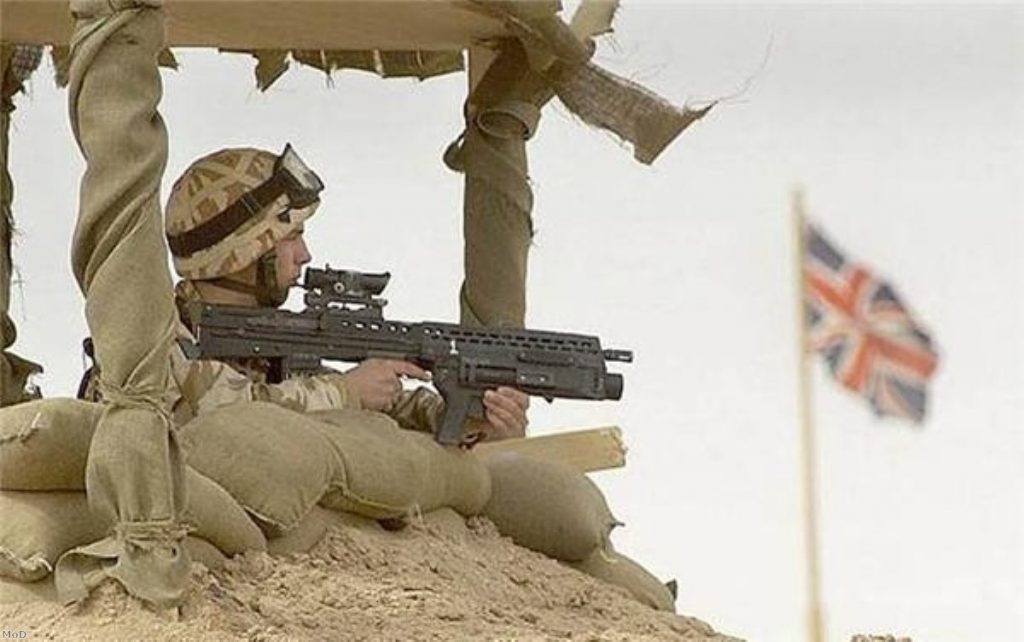Military reassured on standard of care
The prime minister Tony Blair today denied the government was failing in its duty of care for military personnel.
Following weekend reports alleging ill-treatment at Selly Oak Hospital in Birmingham, the main centre for treating UK soldiers, Mr Blair defended the standard of care in prime minister’s question time today.
It is “simply not true” NHS staff do not give excellent care to the armed forces, Mr Blair maintained, claiming the “immense amount of praise” heaped on Selly Oak “never gets any publicity”.
Mr Blair praised the “magnificent job” the military is doing in Iraq, adding it is “completely wrong to undermine morale of armed forces to argue we are not giving them the care or equipment they need.”


To accuse the government of failing in its duty of care to soldiers is “simply not true and not right to say it,” he concluded.
The hospital came in for negative publicity this weekend after the family of 18-year-old rifleman Jamie Cooper, wounded by a mortar shell in Basra in November, claimed he had been poorly treated at Selly Oak.
Mr Blair said this was an old case and had already been investigated.
Responding to wider questions about the issue of military hospitals or military managed wards, Mr Blair said he was committed to having a military managed ward in Selly Oak.
He reiterated past arguments that large NHS hospitals can offer the full range of facilities and experts needed to treat wounded soldiers, justifying the Conservatives’ decision to begin phasing out military hospitals in the 1990s and replace them with military units inside NHS hospitals.
Mr Blair agreed it was right people injured in war were surrounded by their comrades but resisted David Cameron’s calls for an exclusively military ward. It would be wrong and inefficient to say an empty bed could not be used by a civilian, the prime minister argued.
The chief of general staff General Sir Richard Dannatt earlier this week also defended Selly Oak hospital against claims of poor treatment. He pointed to surveys of patients treated in the hospital’s military managed ward who “all rated their treatment as excellent, very good or good.’
Furthermore, he praised changes that meant soldiers were no longer on ‘mixed wards’. Sir Richard explained: “They are now together. They are bantering as soldiers like to do and they are better because they are together. Six months ago that was not the case.”









